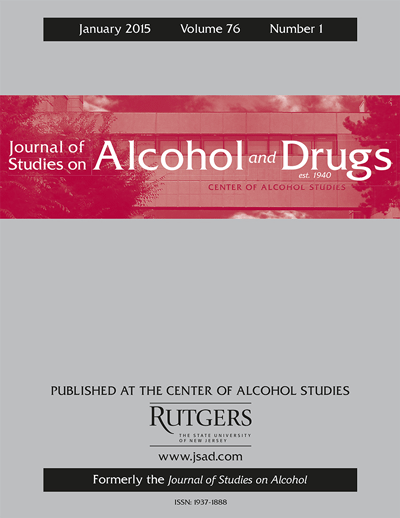Abstract:
OBJECTIVE: Fostering positive school climates and student drug testing have been separately proposed as strategies to reduce student drug use in high schools. To assess the promise of these strategies, the present research examined whether positive school climates and/or student drug testing successfully predicted changes in youth substance use over a 1-year follow-up.
METHOD: Two waves of panel data from a sample of 361 high school students, assessed 1 year apart, were analyzed. Changes in reported initiation and escalation in frequency of alcohol, cigarette, and marijuana use as a function of perceived student drug testing and positive school climates were analyzed, while we held constant prior substance use.
RESULTS: Perceived student drug testing was not associated with changes in substance use, whereas perceived positive school climates were associated with a reduction in cigarette and marijuana initiation and a reduction in escalation of frequency of cigarette use at 1-year follow-up. However, perceived positive school climates were not associated with a reduction in alcohol use.
CONCLUSIONS: Student drug testing appears to be less associated with substance use than positive school climates. Nevertheless, even favorable school climates may not be able to influence the use of alcohol, which appears to be quite normative in this age group.
Authors
- Daniel Romer
- Sharon R. Sznitman


